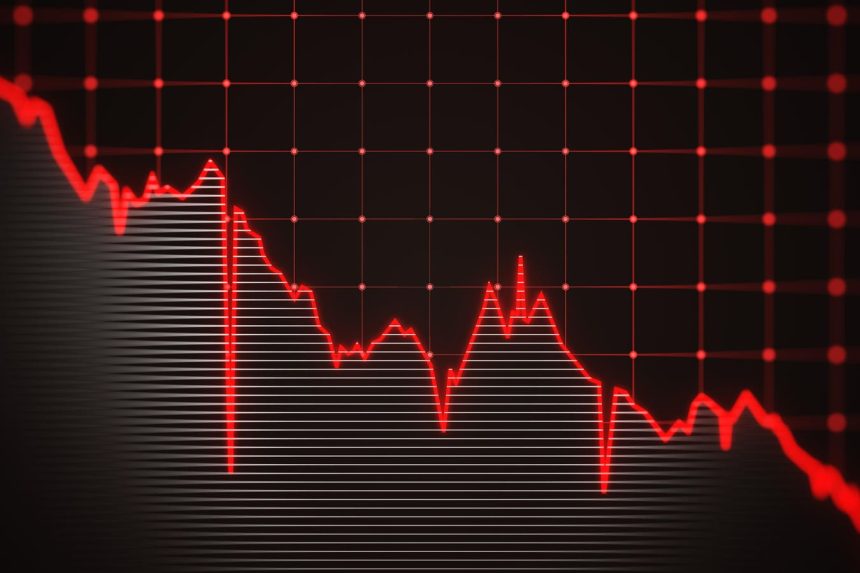The market correction in Europe and the U.S. is coming from a crash in Japan. I explained the basics of this in a YouTube video last Friday on David Lin’s show. Nice timing and all that but what now?
Firstly what is happening? Japanese interest rates are going up and U.S. and European interest rates are coming down.
That’s bad news if you are doing carry trades where you borrow in cheap yen, sell the yen into dollars and buy assets with yield or with fancy upside or both, then hedge the currency risks and reap the free money in the high yielding returns.
This is what carry trades are all about and there are trillions of them based on 0% interest rate yen.
But the yen has dived and the Bank of Japan doesn’t like its more than 2% inflation so is getting into raising interest rates to firm up the yen.
However, Japan is stuffed with companies that have borrowed infinite amounts of money for free and are now faced with potential financing issues, so down goes the Nikkei. Meanwhile oceans of assets get liquidated to pull cash back to Japan to delever and perhaps even try to catch the huge rally in the yen.
Here is the Nikkei chart:
The eggs in the chart are where the bottom could be, with the small egg being the most likely area. This is a classic crash. Crashes go 25% down and more than that is rare. Thirty percent is unusual and to get into the 40% to 50% range is quite exceptional.
So we have arrived at the point of market pain where regulators sit up. This suggests almost instant intervention in Japan and the U.S. is on the cards. Japan will buy assets and the U.S. will print money.
Crypto will bounce first as intervention will instantly go into bitcoin and the other markets will follow very soon after. Look for bitcoin to signal incoming money flow.
Right now I’m not selling, if I change my mind I’ll write a new article.
Central banks know how to fix this. It’s called quantitative easing (QE). It’s a bit inflationary, but only momentarily. They believe they have to stop crashes that can permanently break the financial system, like 2008 and Covid and recently the U.S. regional bank crisis. This is looking like one of those moments. They are basically correct in their drive to stop meltdowns and they will step in.
We should see them swing into action by no later than Wednesday and up will go assets and a return to stability will be the goal of the central banks for the weeks that follow.
Up to that point it is going to be spicy and if they don’t step in then it will be truly ferocious. Inaction, though, is almost unthinkable after all the past efforts to avoid systemic damage when markets go off the rails.
It is unlikely they will stand on the sidelines and watch all their work go up in flames.
That’s my call. For now the U.S. markets remain on trend and as such it’s worth taking a beating and looking towards the aftermath for opportunities, because the bottom and the bounce will be nigh on impossible to time.
Read the full article here














